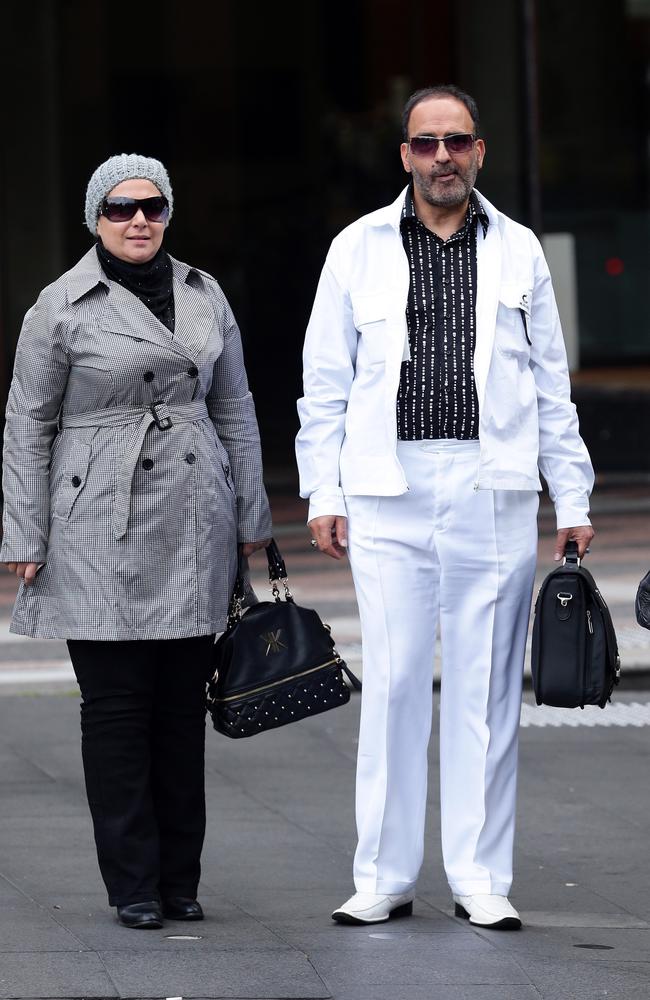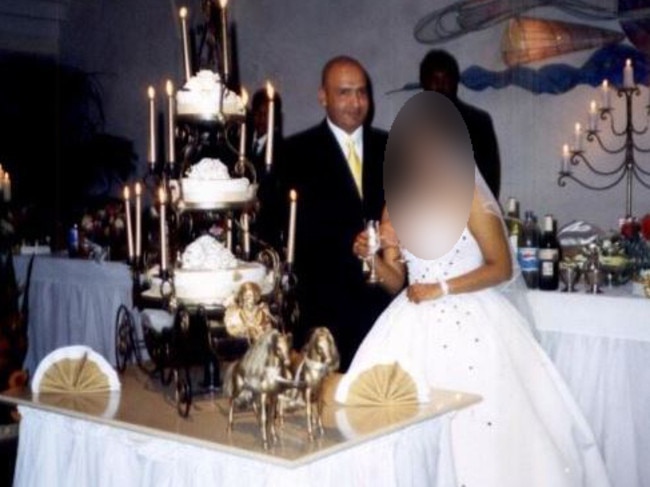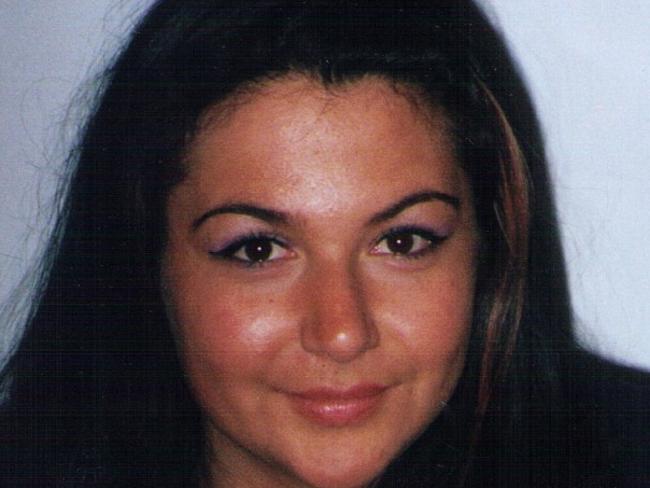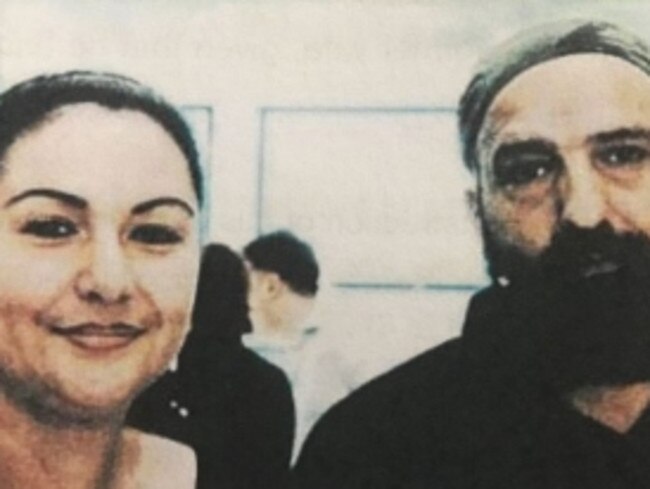Amirah Droudis sentenced to 33 years for murdering Man Haron Monis’ ex-wife
THE girlfriend of Man Haron Monis has been sentenced to at least 33 years in jail for murdering the Lindt Cafe siege gunman’s ex-wife in a frenzied stabbing attack.
NSW
Don't miss out on the headlines from NSW. Followed categories will be added to My News.
THE girlfriend of Man Haron Monis has been sentenced to at least 33 years in jail for murdering the Lindt Cafe siege gunman’s ex-wife at his request.
Amirah Droudis, now 37, did not react when she was sentenced to 44 years in jail (with a non-parole period of 33 years) for what Justice Peter Johnson described as the “savage” murder of the mother-of-two who was stabbed 18 times, then set on fire, following a bitter custody dispute with Monis.
The 44-year sentence was just shy of the Crown’s request that she spend the rest of her life behind bars.

The mother of the victim, who can’t be identified for legal reasons, smiled and wept as the sentence was read out.
Outside the court, family friend Sonia told the media: “I am overjoyed. We are very, very happy”.
Upon sentencing Justice Johnson said Droudis had “demonstrated a preparedness to act in a variety of extraordinary ways at the request of Monis” and he said the Iranian-born Lindt Cafe siege terrorist was an “evil man” who had “exploited what life offered to him in Australia and he used persons with whom he came into contact”.
He said Droudis knew that “killing (the woman) would deprive two young boys of their mother and two parents of their only child”.


Droudis murdered the 30-year-old mother in the hallway of Monis’ Werrington apartment block on April 21, 2013, when she went to pick up her two children following a custody visit with their father.
Monis was also charged over the woman’s death but he was shot dead at the climax to the Martin Place siege after he held 18 people hostage in the Lindt Cafe on December 16, 2014.
Following the judge-alone trial, Justice Johnson ruled that Monis had recruited Droudis to murder his wife after he lost custody of his children following a family court decision in 2012.
Droudis met Monis in 2006 and quickly began a relationship with the womaniser.


At one stage Monis was in a relationship with Droudis, the victim and a third woman all at the same time.
Justice Johnson determined Droudis had been “enthralled” by the self-styled clairvoyant and spiritual healer.
He determined she was motivated to murder the woman so she could live with Monis, his sons and her own daughter as a single family.


The trial heard dramatic evidence from a neighbour who witnessed the murder through the peephole of his front door.
He said he saw a chubby woman dressed in Islamic clothes stabbing the victim in a frenzied attack.
When he opened his front door the attacker screamed at him with rage: “No you go back in there,” before she set the victim on fire and fled.
At the same time Monis was at Penrith where he tried to create an alibi by crashing his car into a police vehicle directly outside the station.

The trial had heard Monis had previously attempted to become a Rebel bikie in his quest to find someone to murder his wife.
The bikies, however, thought Monis was so weird they suspected he was a police plant.
Justice Johnson said Droudis had been a law-abiding citizen before meeting Monis, but under his influence she converted to Islam, along with her young daughter, and took on his extremist views.
In September 2013, months after the murder, Droudis was convicted of “aiding and abetting” Monis who sent offensive letters to relatives of dead Australian soldiers.
Justice Johnson also noted that Droudis filmed her mother giving Monis a “grovelling apology” for giving a statement to police in relation to the murder.
“That the offender was prepared to assist Monis in this way to the detriment of her own sick mother ... shows she was willing to act at his behest.”
Justice Johnson said he accepted that Droudis was “deeply affected by Monis”.
“At all times, however, the offender was a mature adult and there is no evidence of any psychiatric or psychological impediment to her capacity to exercise free will in choosing her associations with persons, let alone the acts which she would commit,” he said.
He also said it was difficult to understand why Droudis had maintained her Muslim faith in jail when it was Monis who had converted her and persuaded her to adopt his “vile and extreme propaganda”.
“It might be thought that the offender’s experience with her Muslim faith was something of a poisoned chalice, associated as it is with criminality in conjunction with Monis,” he said.


